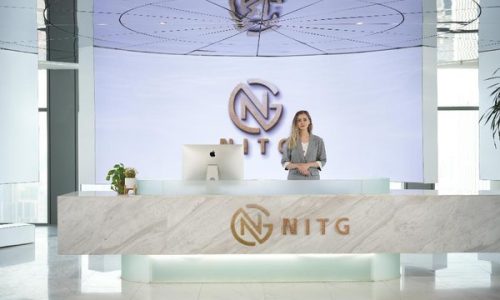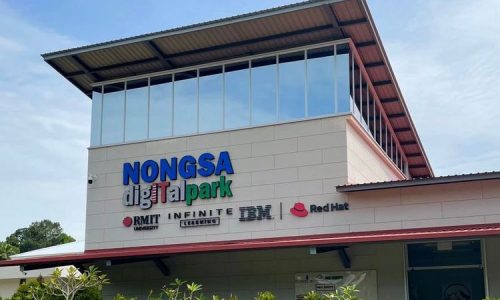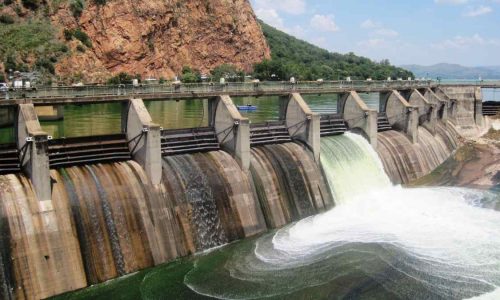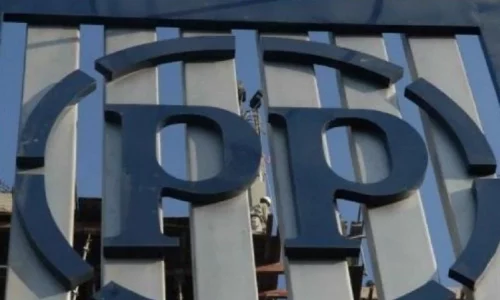Iranian President Seyyed Ebrahim Raisi’s inaugural visit to Indonesia on May 23-24 reopened the memorandum of understanding (MoU) that had been signed by both countries in 2016 regarding PT Pertamina (Persero)’s investment plans to manage the Mansouri oil and gas block in Iran.
At that time, after a 2-year bidding process, Pertamina had allocated a budget of US$1.5 billion for the Mansouri Block management over a 5-year period. However, the finalization of the acquisition plans had to be postponed due to the economic sanctions imposed by the US on Iran in mid-2018.
Pertamina awaits discussions on Mansouri Block re-acquisition
Regarding this, Pertamina’s Vice President of Corporate Communication Fadjar Djoko Santoso stated they are still awaiting ongoing high-level discussions regarding the planned re-acquisition of the Mansouri Block in Iran.
In addition to the Mansouri Block, the Iranian Government, through the National Iranian Oil Company (NIOC), also offered the Ab-Teymour Block to Pertamina.
The estimated total reserves of the Ab-Teymour and Mansouri blocks are believed to be around 5 billion barrels. Both blocks are in the production stage, with a daily output of 48,000 barrels for the Ab-Teymour Block and 54,000 barrels for the Mansouri Block.
However, Pertamina will initially focus solely on the Mansouri Block. The investment value allocated by Pertamina will be utilized for the improvement of existing wells and the drilling of additional wells.
The Mansouri Block is also already in a production-ready state, eliminating the need for Pertamina to start from scratch, such as in exploration activities.
Pertamina’s contract scheme in Mansouri Block
Pertamina’s contract in Iran will take the form of a service contract rather than a production sharing contract (PSC). This means that the company will receive payment based on the services provided.
With this contract scheme, Pertamina currently does not have detailed information on the potential oil that can be brought back to Indonesia. However, Pertamina has the option to exchange service fees with the oil that has been produced.
Moreover, the oil production in Iran aligns with the crude oil products that can be processed by Pertamina’s refineries. Thus, Pertamina plans to import oil from Iran once the company’s Refinery Development Master Plan (RDMP) is completed.
Experts warn government regarding Pertamina’s investment plans
Despite this, several experts and energy observers are urging the government to exercise caution regarding the efforts to reopen investment plans in the Mansouri Block amidst the US-Iran embargo.
“The calculations must be precise, and we must be prepared if the US takes decisive action,” the Executive Director of the Center for Strategic and International Studies (CSIS) Yose Rizal Damuri, on Monday (29/5).
Yose stated the government needs to communicate with the US in order to safeguard Pertamina’s investment plan amid the ongoing sanctions imposed by the US that have yet to be lifted.
Furthermore, according to Yose, the economic sanctions are likely to remain in effect for a considerable period of time due to Iran’s relatively low bargaining power concerning US interests.
Contrary forecast: Pertamina’s investment may boost international portfolio
Meanwhile, an Energy and Oil Economics Expert from Trisakti University Pri Agung Rakhmanto stated that the two oil and gas blocks offered by the Iranian government through the NIOC, namely the Mansouri Block and the Ab-Teymour Block, are considered strategically important for the national lifting achievement.
In addition, Pri added that both blocks have yet to be fully exploited, which means their resource potential is greater than several existing ageing wells currently managed by Pertamina.
The acquisition plans for these two blocks in Iran will also contribute to increasing Pertamina’s prospective assets in its international portfolio, which has shown positive growth recently.
However, the production and lifting of oil and gas from international assets still lags behind the performance of domestic assets. “In the domestic market, it seems to be growing at a higher rate, ranging from 3 percent to 7 percent, depending on the assets,” Pri said.









